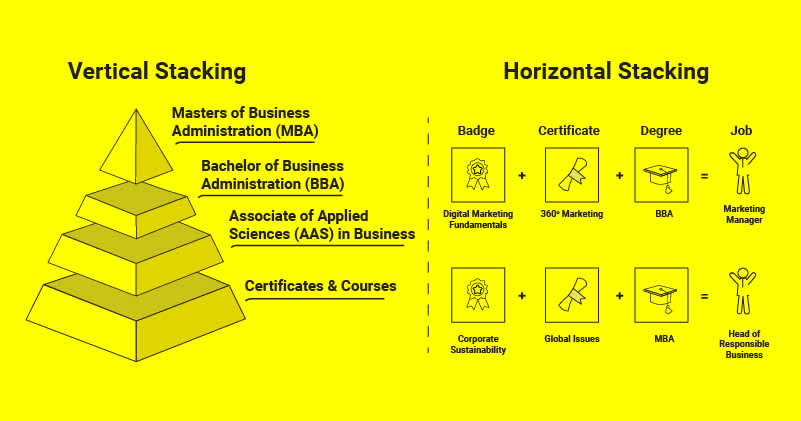
BUS6130 Corporate Sustainability
3 course credits
Before the year 2000, environmental management for a business was typically driven by the need to respond to restrictions imposed by environmental regulation; however, at the dawn of the new millennium, leading businesses began to change their concept of environmental management to look beyond simply meeting governmental dictates. These organizations began to evolve and utilize environmental strategy to create new ways of growing their business by bringing sustainability to the core of their business strategy.
This course explores how to effectively work in senior management today, executives need to be knowledgeable not only about their specific business functions, but also, how their business will be impacted by governmental regulations & policies, corporate sustainability initiatives, green marketing regulations, industry guidelines or ‘best practices’, new sustainable technologies, energy planning, environmental performance metrics, and required reporting on the environmental impact of their business unit.







